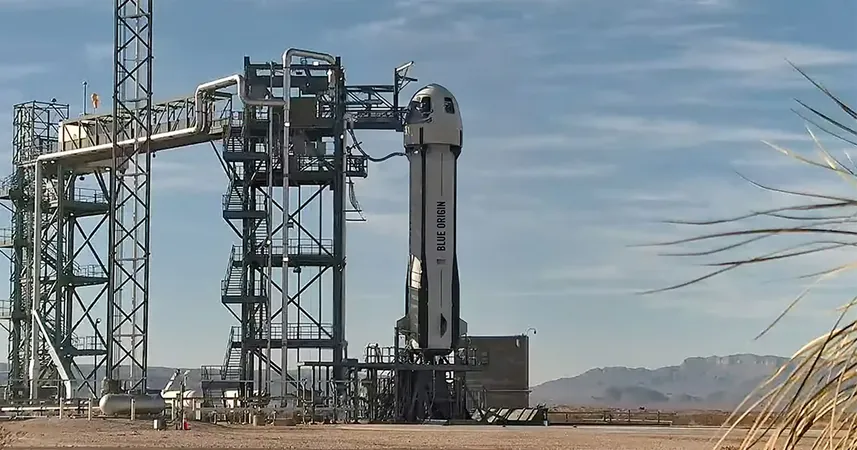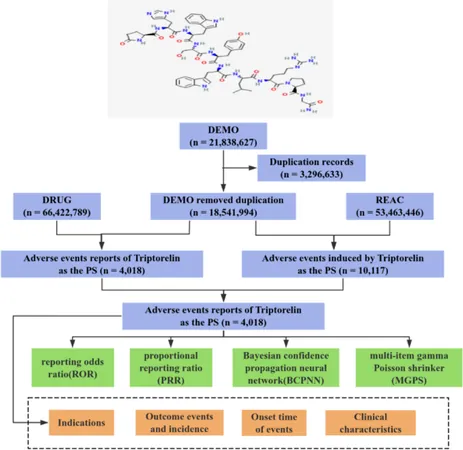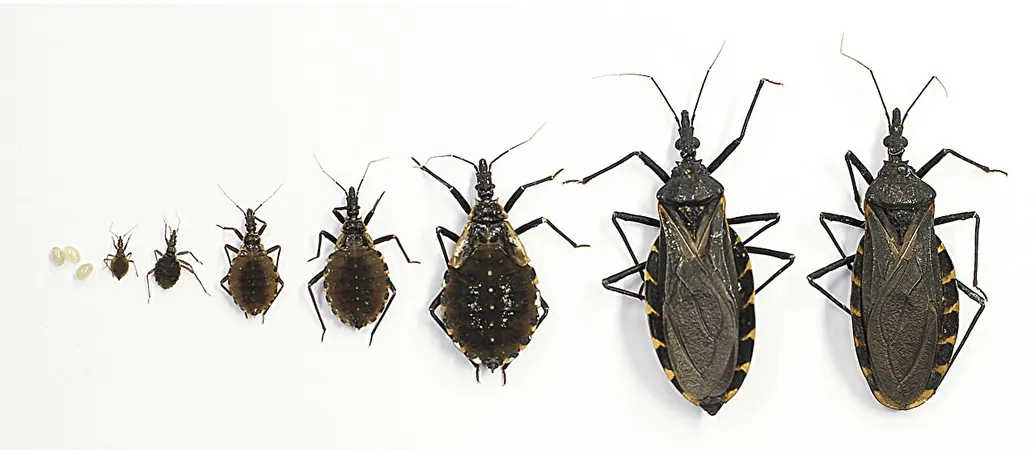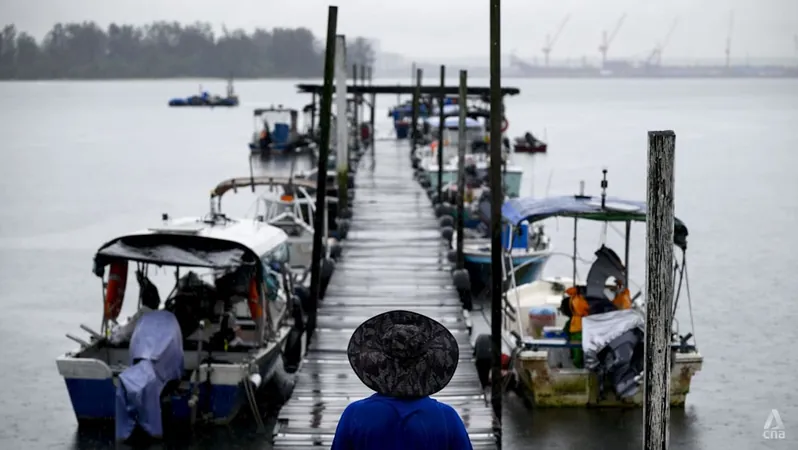
Technical Hiccups Push Back Blue Origin's Milestone Launch for 200th Payload
2025-08-23
Author: Siti
Blue Origin's much-anticipated 35th New Shepard mission has hit a snag, much to the disappointment of space enthusiasts. Scheduled for August 23, the launch has been delayed due to an unexpected avionics issue with the booster.
In a recent social media update, Blue Origin officials announced, "We are scrubbing today’s NS-35 launch. The team encountered an issue related to the booster’s avionics. New launch target forthcoming." This marks a setback for the commercial spaceflight company founded by Jeff Bezos, as it aims to send its 200th payload soaring above the Kármán line.
The upcoming mission promises to be a groundbreaking one, featuring an array of experiments and research crafted by students and educators across various institutions. Once resolved, the NS-35 flight is set to launch from Blue Origin's Launch Site One in West Texas.
For those eager to witness history, a live webcast of the entire 10-minute flight will kick off 15 minutes before liftoff, available on BlueOrigin.com and simulcast on Space.com.
The mission will utilize the RSS H.G. Wells, Blue Origin's first capsule designed solely for payload transport, eschewing human passengers. Both the capsule and booster are programmed for recovery, with the booster executing a propulsive landing on a concrete pad and the capsule descending back to Earth under parachutes.
Among the exciting payloads aboard NS-35 are 24 innovative experiments stemming from NASA and Future Engineers' TechRise Student Challenge. These include studies focused on growing plants in microgravity, investigating fluid physics, and advancing medical research.
Additionally, contributions from educators through the Teachers in Space program will gather vital data regarding sound and radiation levels, and the overall environmental conditions during the flight.
The scientific lineup doesn't stop there—research projects from institutions like Johns Hopkins Applied Physics Laboratory, Oklahoma State University, and the University of Florida will also take to the skies. Notably, Carthage College plans to test new techniques for measuring propellant levels in space.
Moreover, a payload from Teledyne will evaluate a spacecraft fuel cell system developed with NASA, potentially paving the way for future lunar and Martian missions. More than 430 sensors on board will examine the effects of a new chemical coating, whilst a FLEX fluorescence imaging system aims to make its inaugural suborbital appearance after previous tests aboard the International Space Station.
In a philanthropic touch, the NS-35 mission will carry postcards from Blue Origin's non-profit initiative, "Club For the Future." After the flight, these cards will be stamped as having ventured into space and returned to their creators, sparking a sense of wonder in the next generation of explorers.
With NS-35, Blue Origin will embark on its fifth journey with the H.G. Wells capsule and its 21st New Shepard cargo mission, keeping the spirit of exploration alive despite the temporary delay.




 Brasil (PT)
Brasil (PT)
 Canada (EN)
Canada (EN)
 Chile (ES)
Chile (ES)
 Česko (CS)
Česko (CS)
 대한민국 (KO)
대한민국 (KO)
 España (ES)
España (ES)
 France (FR)
France (FR)
 Hong Kong (EN)
Hong Kong (EN)
 Italia (IT)
Italia (IT)
 日本 (JA)
日本 (JA)
 Magyarország (HU)
Magyarország (HU)
 Norge (NO)
Norge (NO)
 Polska (PL)
Polska (PL)
 Schweiz (DE)
Schweiz (DE)
 Singapore (EN)
Singapore (EN)
 Sverige (SV)
Sverige (SV)
 Suomi (FI)
Suomi (FI)
 Türkiye (TR)
Türkiye (TR)
 الإمارات العربية المتحدة (AR)
الإمارات العربية المتحدة (AR)